
Category: Dermatology
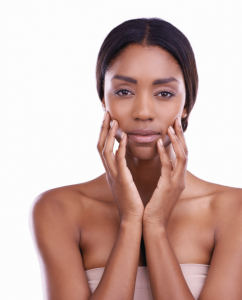
There are a variety of skin conditions that cause lumps and bumps to appear on the skin. In this blog...
Read More

Often patients visit a dermatologist thinking that they have a certain skin condition when they actually have a completely...
Read More
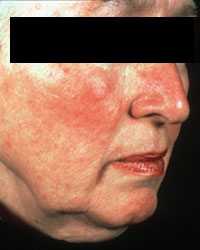
When you think of the term rosacea we tend to think of it as being a condition where you...
Read More
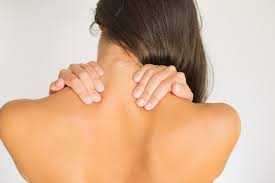
There’s more to your skin than you’d think. As the largest organ of our body, it’s an average of around...
Read More
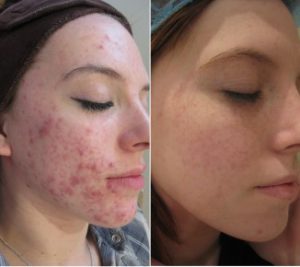
It’s never too early to start looking after your skin. And, while you might not feel ready to start...
Read More
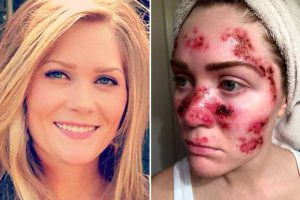
A study published in December 2011 estimated that around 86% of malignant melanomas in the UK were linked to...
Read More
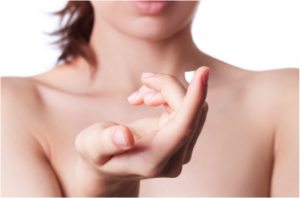
We’re often concerned with how our skin looks on the surface, and we can all be a bit guilty of...
Read More




